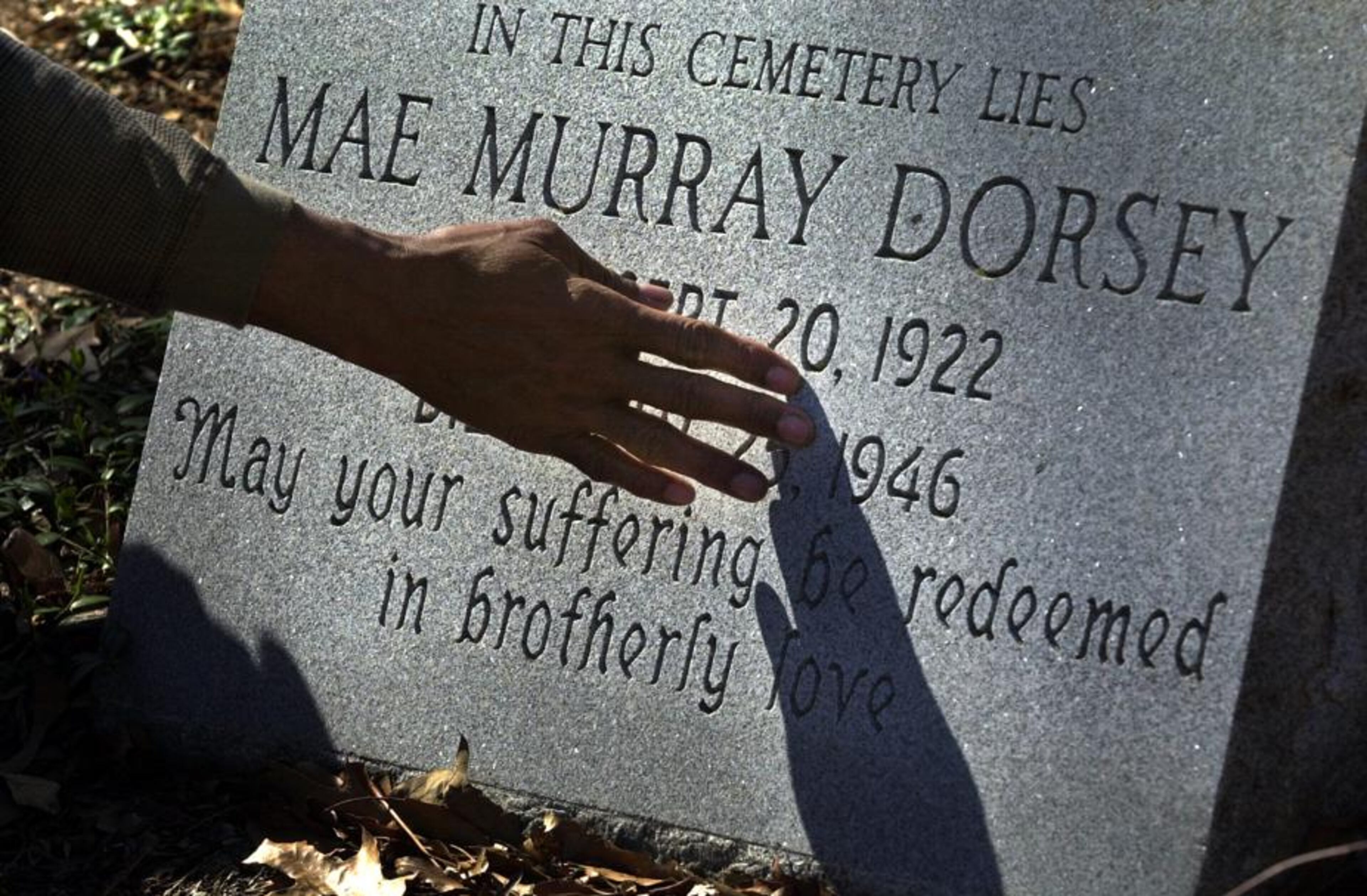Court: Transcripts of Ga. lynching investigation must remain secret

Grand jury transcripts that could shed light on one of Georgia’s most notorious unsolved lynchings must remain under wraps, the federal appeals court in Atlanta has ruled.
A year ago, a three-judge panel of the 11th U.S. Circuit Court of Appeals ruled that a federal judge had the authority to allow disclosure of the transcripts from the 1946 Moore's Ford case. But on Friday the entire court, in an 8-4 decision, ruled that release of the information did not fall within the exceptions to the rule governing grand jury secrecy.
No members of the white mob who shot and killed two African American couples on the Moore’s Ford Bridge were ever held accountable for the July 25, 1946, murders. The bridge runs over the Apalachee River at the border of Walton and Oconee counties.
A federal grand jury met in December 1946 and heard 16 days of testimony from numerous witnesses. But it failed to charge anyone for the killings of field hands Roger and Dorothy Malcom and George and Mae Murray Dorsey.
Author and historian Anthony Pitch sought access to the grand jury transcripts after the FBI, which had reopened its probe, closed its investigation in late 2017. U.S. District Judge Marc Treadwell in Macon granted Pitch access, finding the historical significance of the grand jury probe amounted to an “exceptional” circumstance that permitted him to allow the transcripts’ release.

But the full 11th Circuit court, in a 94-page opinion, said the grand jury serves as a buffer between the government and the people.
“The ability of the grand jury to serve this purpose depends upon maintaining the secrecy of its proceedings,” Senior Judge Gerald Tjoflat wrote for the majority. “The long-established policy of upholding the secrecy of the grand jury helps to protect the innocent accused from facing unfounded charges, encourages full and frank testimony on the part of witnesses and prevents interference with the grand jury’s deliberations.”
Pitch passed away last year, but the 11th Circuit granted a motion to substitute his widow, Marion Pitch, because the family wants to continue his research.
Joe Bell, the family’s lawyer, said he will ask the U.S. Supreme Court to hear the case on behalf of the Pitches and the Moore’s Ford victims. “I may have been knocked down, but I’m not knocked out,” he said Monday.



